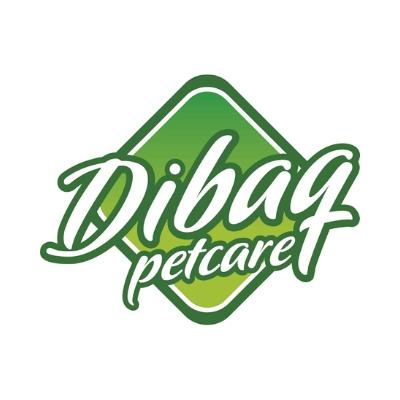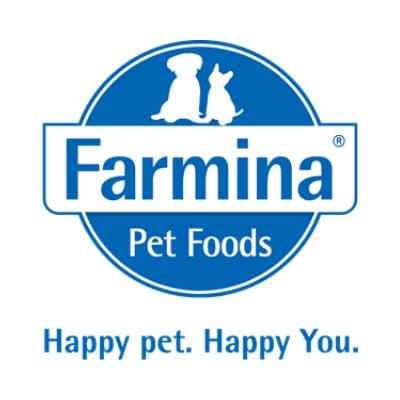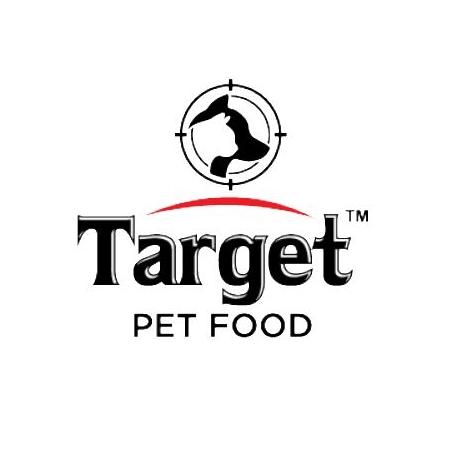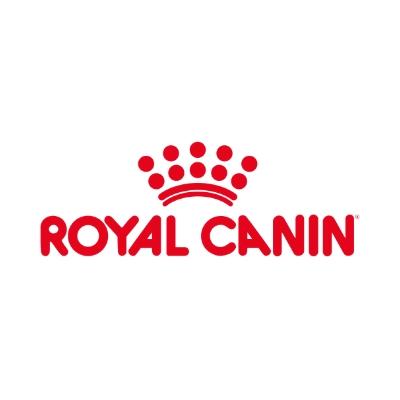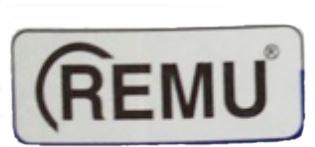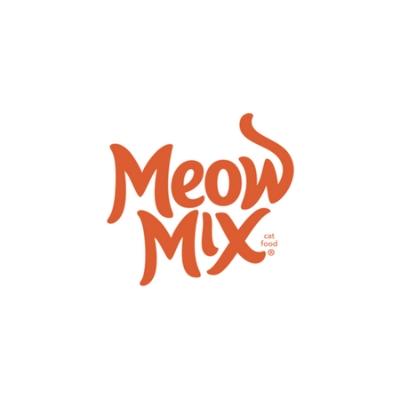Dog Von Willebrand Disease
Introduction
Von Willebrand Disease ("vWD"; also called von Willebrand's Disease) is the most common hereditary blood-clotting disorder in domestic dogs. Dogs with vWD have an insufficient amount of a certain plasma protein, von Willebrand factor ("vWF") or factor VIII, in their bloodstreams. Von Willebrand factor is necessary for normal platelet-collagen binding at areas where small blood vessels have been damaged. In other words, dogs need vWF in order for their blood to clot properly, especially during the early stages of bleeding and clotting.
Causes & Prevention
Causes of von Willebrand Disease in Dogs
Von Willebrand disease is caused by genetic mutations that impair the synthesis, release, function or stability of von Willebrand factor. Males and females express and transmit these genetic mutations to their offspring with equal frequency. The severity of disease depends upon the degree to which the genetic mutations are expressed.
There are three recognized classifications of vWD, and affected breeds tend to fall into one of those three categories. Type 1 vWD is a quantitative reduction in the amount of circulating vWF and typically causes mild to moderate symptoms. It is the most common form of the disease and affects many breeds. Type 2 vWD is both a quantitative and a functional defect in vWF that causes severe signs, primarily in German Wireharied and Shorthaired Pointers. Type 3 vWD also causes severe disease; it predominates in Chesapeake Bay Retrievers, Dutch Kooikers, Scottish Terriers, Shetland Sheepdogs and occasionally other breeds. Type 3 vWD is a complete absence of detectable vWF in the affected dog's blood.
Prevention of von Willebrand Disease
Because of the strong genetic component, the only realistic way to prevent von Willebrand disease is to remove clinically affected animals from the breeding population. Dogs in predisposed breeds can be screened to ascertain whether they are deficient in von Willebrand factor. If they are, they should not be bred, even if they do not show symptoms of the disease.
Special Notes
Veterinarians have several fairly non-invasive ways to diagnose vWD. A DNA test is available to provide valuable information to breeders about identifying carrier and affected dogs. Most dogs with vWD have a good prognosis. With diligence and proper precautions, surgery and treatment of incidental trauma can be performed safely on dogs with this disease.
Symptoms & Signs
Introduction
Von Willebrand disease (vWD) is one of the most common bleeding disorders in companion dogs. It is very similar to hemophilia in humans. Like hemophilia, von Willebrand disease causes excessive bleeding, because the affected animal's blood cannot clot normally. The symptoms of vWD may not become obvious until the dog undergoes surgery or experiences a traumatic injury, at which point the unexpected prolonged bleeding may result in death. Owners who suspect that their dog has a blood clotting abnormality should schedule a von Willebrand screening test with their dog's veterinarian as soon as possible.
Symptoms of Von Willebrand Disease
Von Willebrand disease affects both males and females and has been documented in more than 50 breeds of domestic dogs. Most affected animals have few if any symptoms, and even those tend to recede with age. Dogs with mild to moderate forms of the disease may not be diagnosed for years – often only after surgery or some other traumatic tissue injury, such as lacerations, dog bites or being hit by a car, that exposes the bleeding disorder.
Severe forms of vWD usually become apparent by about one year of age and typically include one or more of the following symptoms:
Recurrent episodes of spontaneous bleeding from the gums or oral mucosa, for no apparent reason
Recurrent episodes of spontaneous nosebleeds, for no apparent reason
Gastrointestinal bleeding
Bloody stool (hematachezia)
Black, tarry stool
Bloody urine (hematuria)
Prolonged bleeding from loss of deciduous ("baby") teeth and eruption of permanent teeth
Prolonged bleeding from tail docking or ear cropping
Prolonged bleeding from dewclaw removal
Prolonged bleeding from superficial wounds
Prolonged bleeding from surgical incisions
Excessive bleeding during heat cycles in intact bitches
Excessive bleeding during whelping
Anemia (regenerative)
Light injuries that occur during routine play can cause the joints of affected dogs to bleed, and as a result the dog may become lame. Owners may notice prolonged bleeding when they trim their dog's nails, despite the application of a quick-stop or other clotting powder.
Dogs at Increased Risk
Breeds that are predisposed to mild forms of vWD include the Doberman Pinscher, Golden Retriever, Standard Poodle, Manchester Terrier, Akita, Pembroke Welsh Corgi and Miniature Schnauzer, among others. Breeds prone to develop more severe bleeding disorders include the Shetland Sheepdog, Chesapeake Bay Retriever, Scottish Terrier and German Shorthaired and Wirehaired Pointer. Dogs suffering from hypothyroidism may also be at an increased risk of bleeding disorders.
Diagnosis & Tests
Introduction
Von Willebrand disease (vWD) is an inherited condition that can best be diagnosed through blood tests. Due to the fact that this is the most common bleeding disorder in domestic dogs, the screening tests for vWD have improved greatly over the past few years.
How Von Willebrand Disease is Diagnosed
Von Willebrand disease can be diagnosed through blood tests and bleeding time assessments. Bleeding time tests involve making a tiny incision in the dog's gum and measuring the amount of time it takes for bleeding from the wound to stop on its own. This normally occurs within 2 to 4 minutes. Nails that are clipped too short typically stop bleeding within 2 to 6 minutes. Blood tests for vWD are also available and involve measuring the levels of von Willebrand factor in circulation. The Orthopedic Foundation for Animals (OFA) maintains a registry for many of the breeds that commonly are diagnosed with vWD. There also is a fairly recent genetic test that can identify both clinically affected and carrier dogs, based upon their DNA. This is the most accurate diagnostic test for von Willebrand disease that is currently available.
Special Notes
Some breeds of dogs seem to be more prone to von Willebrand disease than others. For a few of these breeds, genetic vWD testing is available. While blood tests can predict whether a dog has a clotting disorder, genetic testing is much more reliable.
Treatment Options
Introduction
Von Willebrand disease (vWD) can cause a serious, and sometimes deadly, bleeding disorder in domestic dogs. The disease disrupts normal blood clotting functions and causes excessive bleeding from even superficial wounds. Von Willebrand disease cannot be "cured," but it can be managed so as to increase a dog's chances of recovering fully after a traumatic or surgical event. The goals of treating dogs with vWD are to control spontaneous bleeding, reduce the frequency of induced bleeding episodes and correct any underlying conditions that might contribute to the dogs' bleeding disorder.
Treatment Options
Dogs that bleed excessively during surgery, despite having had no known exposure to anticoagulant or antiplatelet substances (such as rodent bait or aspirin), should be suspected of having von Willebrand disease. They may require one or more blood transfusions to restore appropriate levels of von Willebrand factor, which is essential to normal blood clotting. Several transfusions are usually required, especially in dogs with severe disease. Bleeding at local wound sites can be controlled by appropriate supportive care, including sutures, pressure wraps, tissue glue and/or bandaging. Steps can be taken to boost the dog's blood-clotting ability so that surgery carries fewer risks. Dogs known to be affected can be given clotting factors and medications intravenously before surgery, to prevent dangerous bleeding episodes.
Dogs with von Willebrand disease should not engage in rough play with other dogs, or with their owners. Even light injuries to their joints or body can become problematic. Soft food and treats may be appropriate if dry kibble causes excessive bleeding of the gums. Hard bones, cookies or rawhide "chewies" probably should be avoided. Dog's with von Willebrand disease have a tendency to develop a hypothyroid condition. Annual thyroid tests should be performed every year on affected animals. If a dog develops hypothyroidism, life-long oral medication can help control the condition.
Drugs with antiplatelet or anticoagulant effects should be avoided in dogs with vWD. These include nonsteroidal anti-inflammatory drugs (NSAIDs), estrogens, cytotoxic medications, heparin, coumadin, plasma expanders and sulfonamide antibiotics.
Prognosis
Most dogs with blood clotting disorders caused by vWD have a good prognosis for a fairly normal quality and length of life, with only occasional transfusions being necessary. Dogs with more severe forms of the disease may require repeated and aggressive transfusion therapy. They should be blood-typed and cross-matched, to assist is selection of appropriate blood donors.











